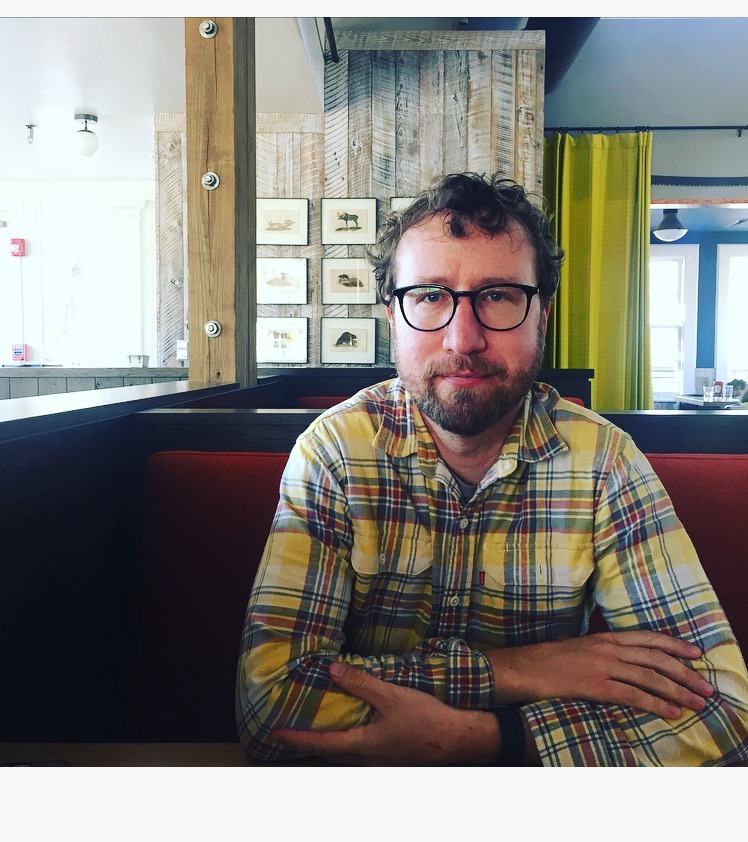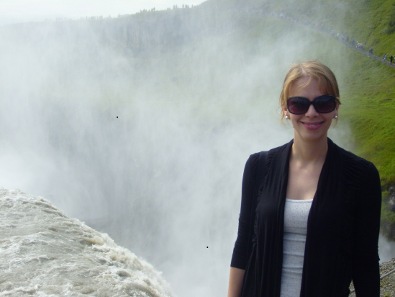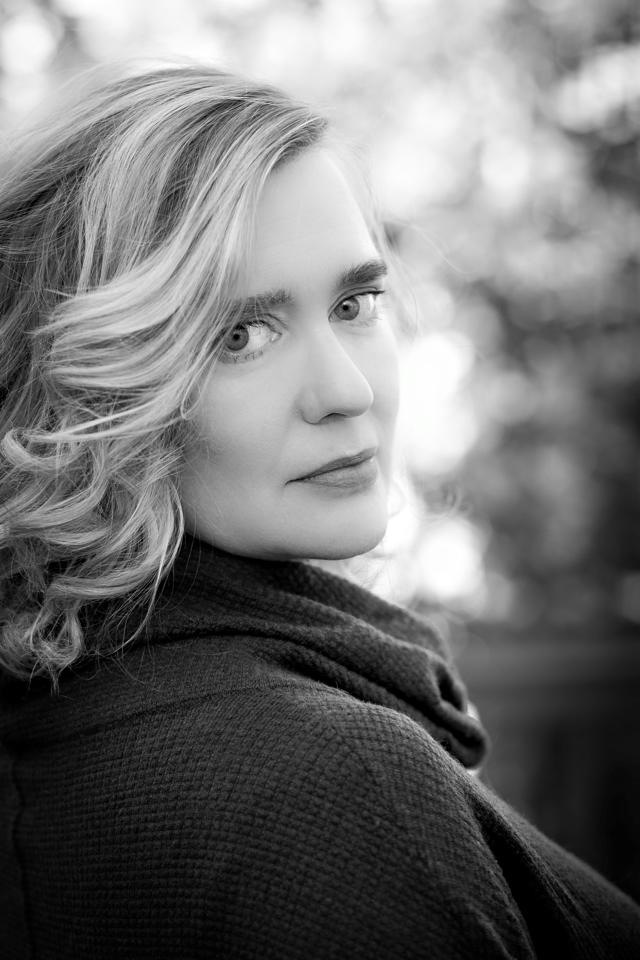Minor in Literature
Requirements for a minor in Literature (18 semester hours):
- Three (3) hours of ENGL 3000.
- Three (3) hours of one of the following:
ENGL 2110, ENGL 2120, 2130, 2180, or 2190 - Twelve (12) hours chosen from upper-division 4000-level English courses. *Students may also choose one (1) upper-division writing course for credit within the minor in literature (ENGL 3200, 3400, 3405, or 4210).
Note: No course with the same number may be taken twice for credit toward the minor in literature. In addition to these courses, students may also choose one (1) upper-division writing course for credit within the minor in literature (ENGL 3200, 3400, 3405, or 4210).
For more information, please see the Academic Catalog.
Program Location
Carrollton Campus
Method of Delivery
Face to Face
Accreditation
The University of West Georgia is accredited by The Southern Association of Colleges and Schools Commission on Colleges (SACSCOC).
Credit and transfer
Total semester hours required:
This program may be earned entirely face-to-face. However, depending on the courses chosen, a student may choose to take some partially or fully online courses.
Save money
UWG is often ranked as one of the most affordable accredited universities of its kind, regardless of the method of delivery chosen.
Details
- Total tuition costs and fees may vary, depending on the instructional method of the courses in which the student chooses to enroll.
- The more courses a student takes in a single term, the more they will typically save in fees and total cost.
- Face-to-face or partially online courses are charged at the general tuition rate and all mandatory campus fees, based on the student's residency (non-residents are charged at a higher rate).
- Fully or entirely online course tuition rates and fees my vary depending on the program. Students enrolled in exclusively online courses do not pay non-Resident rates.
- Together this means that GA residents pay about the same if they take all face-to-face or partially online courses as they do if they take only fully online courses exclusively; while non-residents save money by taking fully online courses.
- One word of caution: If a student takes a combination of face-to-face and online courses in a single term, he/she will pay both all mandatory campus fees and the higher eTuition rate.
- For cost information, as well as payment deadlines, see the Student Accounts and Billing Services website
There are a variety of financial assistance options for students, including scholarships and work study programs. Visit the Office of Financial Aid's website for more information.
General
No course with the same number may be taken twice for credit toward the minor in literature.
Students must take one of the following:
- ENGL-2110
- ENGL-2120
- ENGL-2130
- ENGL-2180
- ENGL-2190
- ENGL-3200
- ENGL-3400
- ENGL-3405
- ENGL-4210
A survey of important works of world literature. Required for English majors. Course equivalents ENGL 2111 and ENGL 2112.
A survey of important works of British literature. Required for English majors.
A survey of important works of American Literature. Required for English majors. Course equivalents ENGL 2131 and ENGL 2132.
An examination of representative African-American literary texts, with particular attention to the defining aesthetic principles of the tradition.
An exploration of significant literary texts by female authors, with particular attention to the emergence of what might be called a female aesthetic and issues of gender identity.
A gateway course that introduces students to representative critical approaches that they will encounter in the major. Emphasis will be given to research skills, methodology and analytical writing. Required for the major and minor in English. Only six hours of upper division work may be taken before the completion of this course. Enrollment requires permission of academic coordinator. Not offered in the summer session.
An introduction to the genre-specific workshop in either fiction, poetry, creative nonfiction, screenwriting, or play writing. May be repeated up to 6 hours as topics vary. No more than 2 courses may be counted toward the major in English. Pre-requisites: ENGL 2060 or XIDS 2100 (The Creative Process).
This class introduces students to representative philosophies and pedagogical approaches to meaningful practice in the instruction of writing. Built-in components include research as well as reflective and theoretical writing.
Intensive practice in composing powerful audience-driven documents in a variety of real-world business, professional and technical contexts. Students will also learn how to make effective business-related presentations supported with appropriate documentary and visual aids.
Topics rotate: Medieval Literature: An examination of medieval English literature in its various aspects, considering texts intheir historical context. Renaissance Literature: An investigation of Renaissance literature in its various aspects, including, but not limited to, poetry, prose, and drama, and a consideration of that literature as a part and product of its historical period. Seventeenth Century British Literature: An investigation of significant issues, themes, and ideologies in selections of seventeenth-century British literature studied in terms of their original cultural context. Eighteenth Century British Literature: A topic-centered examination of drama, fiction, poetry and other textual expression from Restoration and eighteenth-century Britain. Works may be studies in their historical, political, cultural and aesthetic context.
Topics rotate: British Romanticism: An investigation of issues, themes, and ideologies in selections of British Romantic literature studies in terms of their original cultural context. Victorian Literature: An in-depth analysis of Victorian literature in its original historical, political, cultural and aesthetic contexts. Twentieth-Century British Literature: An in-depth examination of selected twentieth-century texts from the British Isles studied in the context of relevant social, political and cultural issues. Contemporary British and American Literature: An examination of selected texts produced in the last thirty years in the British Isles and the United States.
Topics rotate: Colonial and Early American Literature: An examination of representative literary works from exploration and discovery through the era of the new American republic. American Romanticism: An examination of representative American literary works from the nineteenth century through the Civil War. American Realism and Naturalism: An examination of the American literary arts based in an aesthetic of accurate, unromanticized observation/representation of life and nature that flourished in the post-Civil War era.
Topics Rotate: Twentieth-Century American Literature: An in-depth examination of ideas and issues prevalent in twentieth-century American literature in its historical, political, cultural and aesthic context. Contemporary British and American Literature: An examination of selected texts produced in the last thirty years in the Brish Isles and the United States.
An intensive examination of the formal, social, cultural and historical contexts of a single literary genre as well as the theoretical concerns that underlie its analysis. May be repeated for credit as genre or topic varies. Students may enroll up to three semesters.
An examination of films as texts through historical, aesthetic, thematic, and/or cultural questioning and analysis. Typical offerings may include Film and the Novel; Representations of Women in Film, Teen Cultures in Film, etc. May be repeated for credit as topic varies.
An examination of the career of a single literary figure in the context of literary history. Frequent offerings in Shakespeare and Chaucer will rotate with courses in a variety of other figures from several literary traditions. May be repeated for credit as topic varies. Shakespeare may be taken for up to six (6) hours, if topic varies, with department chair's permission.
An intensive writing experience in one of the following genres: fiction, poetry, creative nonfiction, screenwriting, or playwriting. May be repeated for credit as topic varies.
An examination of a topic in literature, theory, and/or writing that transcends the boundaries of the fixed curriculum. Typical offerings might include Literary Representations of the War in Vietnam, Nature Writing and the Environment, and Representations of Aging in Literature. Requires permission of the department chair to repeat.

Kevin Casper, Ph.D.
Professor of English
Chad Davidson, Ph.D.
Executive Director of Global Engagements and Cultural Programming
Maria Doyle, Ph.D.
Professor & Graduate Coordinator of English
Patrick Erben, Ph.D.
Professor & English Program Coordinator
Gregory Fraser, Ph.D.
Professor of English
Rebecca Harrison, Ph.D.
Professor of English
Leah Haught, Ph.D.
Professor of English & Coordinator for Publishing and Editing Certificate
Angela Insenga, Ph.D.
Professor of English and Coordinator of Film Studies
Laura Miller, Ph.D.
Professor of English
Margaret Mitchell, Ph.D.
Professor of English
Alison Umminger, Ph.D.
Professor of EnglishNo Admissions Data Provided.
Specific dates for Admissions (Undergraduate only), Financial Aid, Fee Payments, Registration, Start/End of term, Final Exams, etc. are available in THE SCOOP.
Objectives not available
